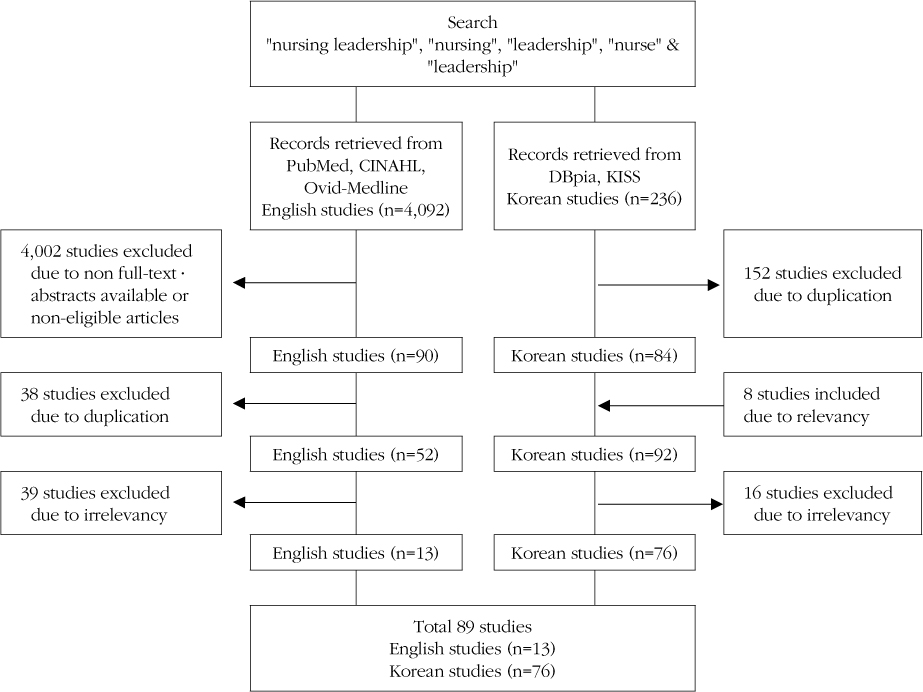1Department of Nursing, Korean Bible University, Korea.
2Department of Nursing, Gwangju Health University, Korea.
3College of Nursing, Chonnam National University, Chonnam Research Institute of Nursing Science, Korea.
4Department of Nursing, Daegu Health College, Korea.
5College of Nursing, Research Institute of Nursing Science, Chonbuk National University, Korea.
Copyright © 2015 Korean Academy of Nursing Administration
This is an open access article distributed under the terms of the Creative Commons Attribution Non-Commercial License (http://creativecommons.org/licenses/by-nc/3.0/), which permits unrestricted non-commercial use, distribution, and reproduction in any medium, provided the original work is properly cited.


